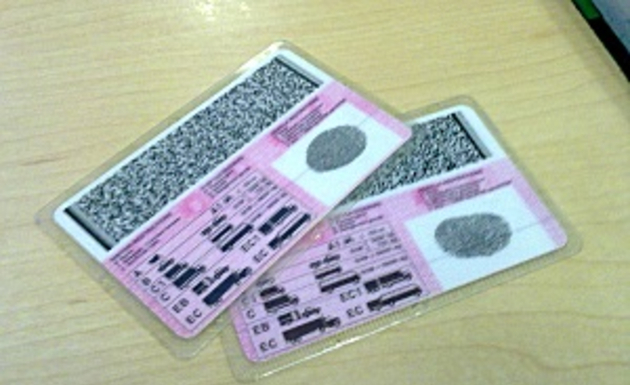The Overstrand Municipality has explained how the Administrative Adjudication of Road Traffic Offences Act (AARTO) Amendment Bill, which was passed by Parliament on 5 March 2019, will affect local motorists.
According to Overstrand Municipality spokesperson, Riana Steenkamp, “The Administrative Adjudication of Road Traffic Offences Act, 1998 (Act 46 of 1998) (AARTO) is a system for managing and adjudicating traffic offences, amongst other things.”
She said that AARTO is intended to provide a quicker administrative process for dealing with traffic law infringements to take the place of a longer legal process.
“AARTO was to be given effect by a demerit system through which the driving licence of a driver who committed repeated traffic law infringements could be suspended and, under certain circumstances, revoked,” Steenkamp added.
“However, the demerit system has never been brought into effect. This may change in the near future.
“The AARTO Amendment Bill, which was passed by Parliament on 5 March 2019 but has not yet been signed by the President into law, amends AARTO in a number of important ways –
“In a nutshell when there is a traffic law infringement, the following is an outline of the administrative process that will be followed.”
AARTO – How will it affect you, the motorist?
Day 1:
- The offender may be arrested. A summons will be issued for the offender to appear in court and, if found guilty, the offender may be given a fine, imprisonment, or both.
OR
- An infringement notice may be issued to the driver or vehicle owner. If the payment is made speedily, there may be a discount. Once payment has been made, number of demerit points applicable to the offence will be captured on the National Traffic Information System (NaTIS) Contravention Register. The infringer will then be advised of how many demerit points have been captured on NaTIS and how many points are left before the driver’s licence, professional driving permit (PrDP) or operator card is suspended. The demerit point will be deducted regardless of whether a fine was paid or not. Within this 32-day period, an infringer may request paying in instalments or, if it is a proxy, notify the Road Traffic Infringement Agency (RTIA) of who the driver was, or elect to follow court procedures.
Day 33:
After 32-day period, a courtesy letter will be sent to the infringer stating that he or she did not respond satisfactorily. Infringers then have a further 32 days to pay the penalty and the fee for the courtesy letter.
Again, the infringer may notify the agency of who the driver was or request to pay the penalty in instalments. No discounts will be applicable at this point.
Day 65:
- After 64 days, an enforcement order will be issued and served on the driver or owner. This enforcement order will be for: (1) failing to respond to a courtesy letter; or (2) failure to appear in court following a notice; or (3) insufficient payment; or 4) payment made by cheque was dishonoured; or (5) inadequate payment of monthly instalments. At this stage the demerits will happen automatically and no driving licence, PrDP or even vehicle driving licence disk will be issued until the order has been complied with. The infringer will be warned that non-compliance will lead to a warrant being issued.
- At this point the infringer would have to pay the penalty, fees of the courtesy letter, enforcement order and representation, if applicable.
Day 97
- After 96 days (the 64-day period referred to above and a further 32 days to pay or submit a satisfactory and fully motivated application for revocation of the enforcement order) a warrant will be handed to the sheriff to execute. At this point, it may include a variety of remedies including the seizure of movable property of the infringer and selling it to defray costs, seizure of the driving licence or PrDP of the infringer and defacing it, seizure of the operator card if applicable, immobilisation of the vehicle/s of which the infringer is the owner, and reporting the infringer to the credit bureaux.
Example of demerit points:
- 6: driving under the influence of alcohol
- 6: traveling at a speed exceeding 160km/h in a 120km/h zone
- 4: Exceeding the speed limit by more than 25 km/h but less than 30km/h (exceeding with more than 30km/h or more would result in immediate arrest)
- Example: travelling at 85km/h in 60km/h zone
- 3: passing on the left shoulder
- 1: licence disk not displayed in vehicle
Follow more RNEWS articles, subscribe to our YouTube channel and for breaking news LIKE us on Facebook. For news on the Western Cape click here.



